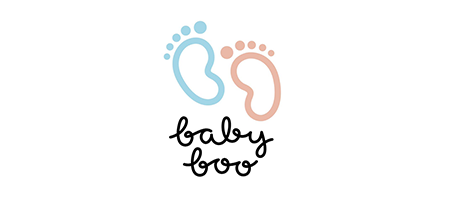By Jacqueline Stenson
While it was once common for American families to have six, seven or even more children, today the sight of such a large brood makes many people stop and ask a seemingly simple question: Why?
Plenty have been asking that ever since the news broke that California mom Nadya Suleman gave birth to octuplets after already having six other young children. And celebrities such as Angelina Jolie and Mia Farrow who have large families have long been an endless source of public curiosity and speculation.
There’s not always a simple reason why people create uncommonly large families. Some parents cite religious or cultural reasons for having many children. Some say they just love kids and feel they can provide a big family with a stable, loving home. Some want to help a child in need so they add to their biological families through adoption.
But sometimes the desire to keep having children can be rooted in complex psychological issues dating as far back as one’s childhood. In certain cases, experts say, it can become a compulsion, an obsession or even a “baby addiction.”
While the current book of psychiatric diagnoses, the “Diagnostic and Statistical Manual of Mental Disorders,” has no entry on baby addiction, mental-health professionals say they see patients, mostly women, who desperately want to keep having newborns, even when they already have several children and aren’t managing their family situation well. That, they say, is a big red flag, no matter what term is used to describe it.
“It can be an addiction,” says Gayle Peterson, a family therapist in the San Francisco area and author of “Making Healthy Families.”
Overwhelmed, but wanting more
Peterson has seen several women in her practice who’ve been overwhelmed with four or five children, including those with special needs. Some of the women were suffering with depression or panic attacks and yet when their youngest child became a toddler, they wanted another baby. These women can be driven to have more children in an effort to make up for some sort of void or loss, usually from their own unhappy childhood, explains Peterson.
“If you’re just having babies to complete something in yourself that never got completed, you really are talking about an addiction,” she says.
Without personally treating Suleman, mental-health experts acknowledge they can’t say for sure what her motivations are but that there are similarities to these other women, as well as additional troubling signs. Suleman, who has a history of depression, told TODAY’s Ann Curry that she wanted a ‘huge family’ because she had a “dysfunctional” childhood as an only child and longed for personal connections. Suleman, who is single and has no job, has one autistic child and two others who she says have some disability, raising concerns about how she’ll manage emotionally and financially with the additional octuplets who are likely to face some disabilities as well. She has already set up a Web site that accepts donations.
And while some have speculated that Suleman is an attention-seeker who is modeling her looks and her family after Angelina Jolie, she has denied a Jolie fixation or plastic surgery to look like her.
Babies — all new and cherubic and completely enthralled with their mothers — can bring profound joy. But when they enter toddlerhood and start developing independence and a mind of their own, some mothers miss the intenseness of the newborn period and want another baby even though that’s not in the best interests of the family, Peterson says.
“Therapy helps women come to grips with the fact that this only complicates their lives, does not heal them,” she says.
“There are many rewards of having children,” says Dr. Sudeepta Varma, a psychiatrist at New York University Medical Center and a spokesperson for the American Psychiatric Association. But “as health professionals, we become concerned with respect to behavior that provides initial pleasure but eventually is spinning out of control.”
No ‘ideal’ family size
To protect the health and well-being of mothers and babies, fertility doctors have set guidelines for how many embryos should be implanted during one round of in vitro fertilization — guidelines that were ignored in Suleman’s case.











